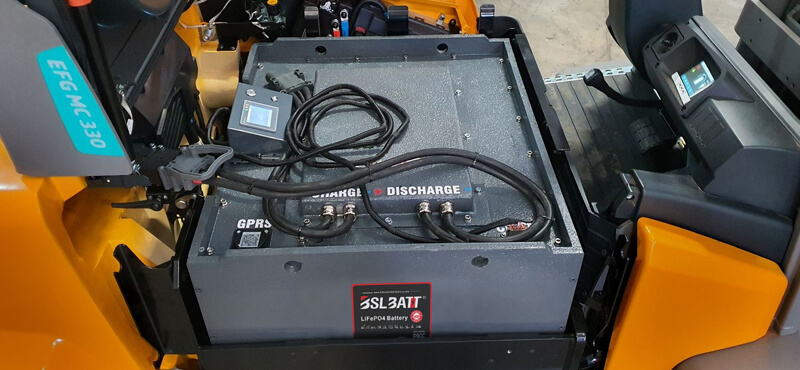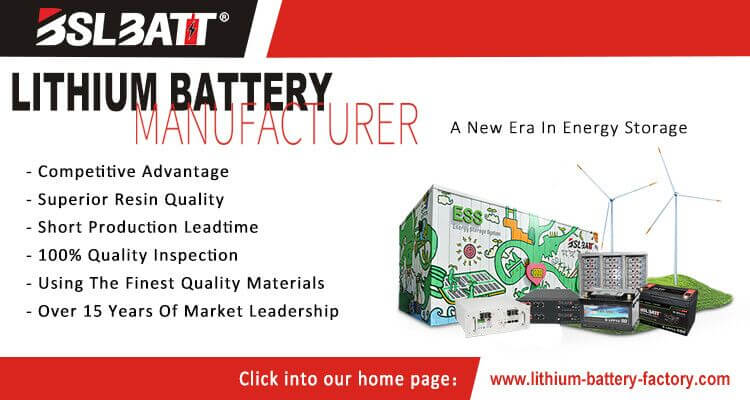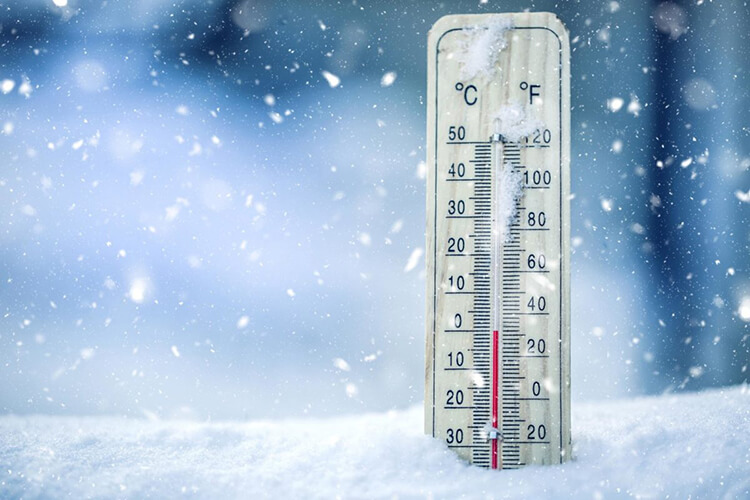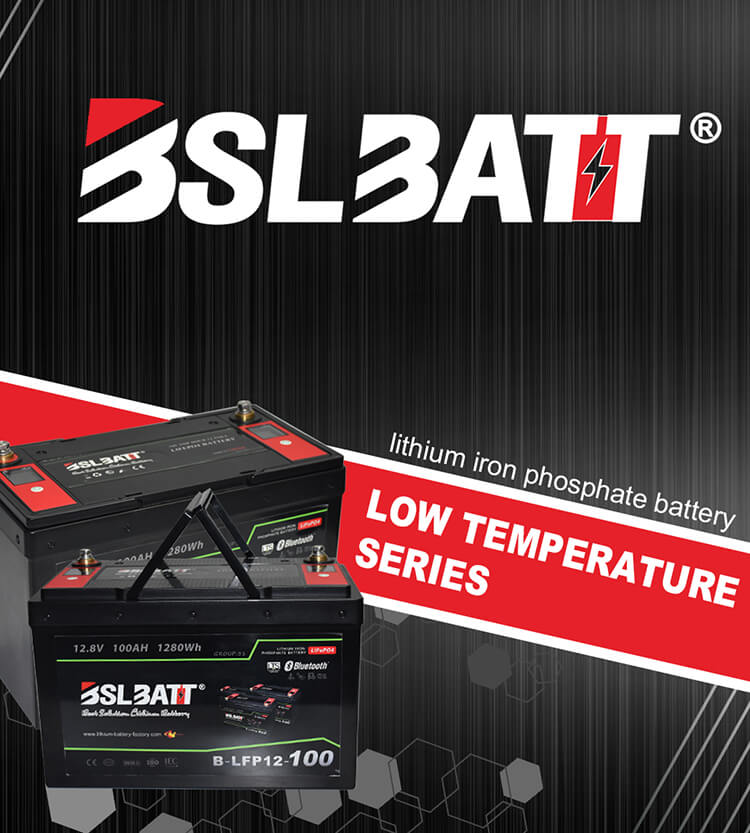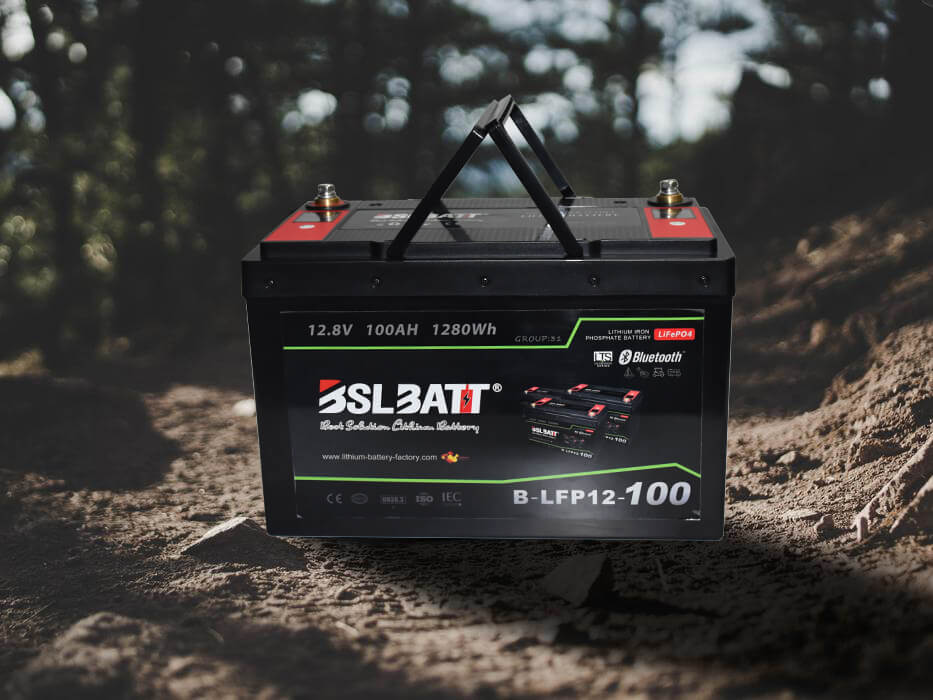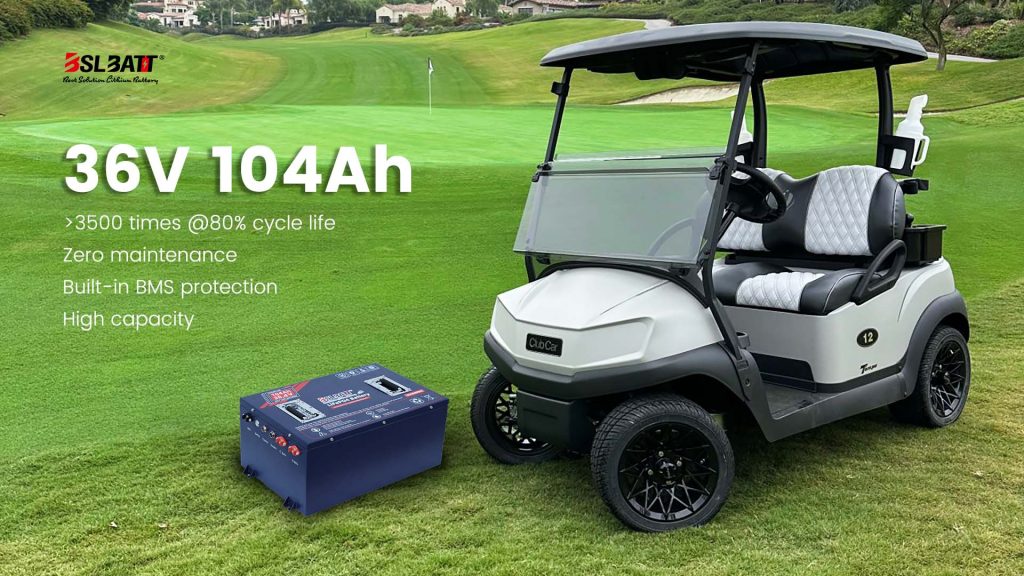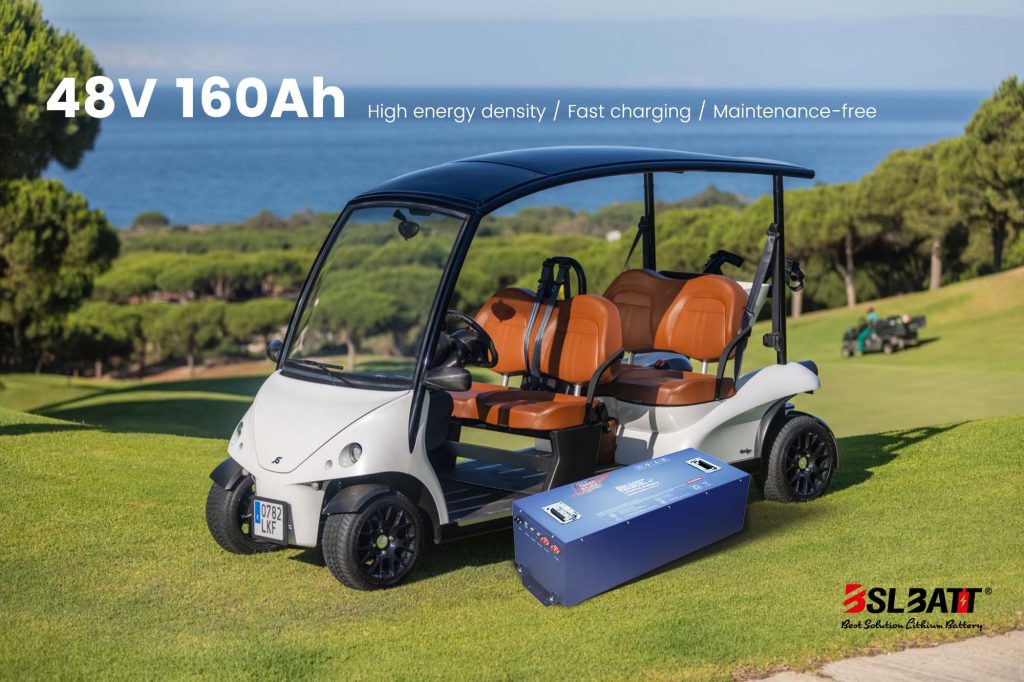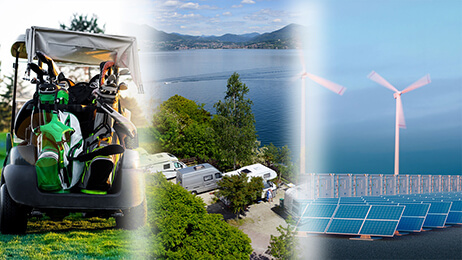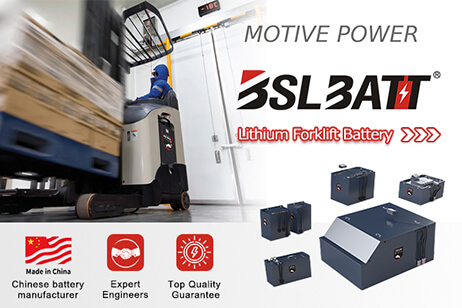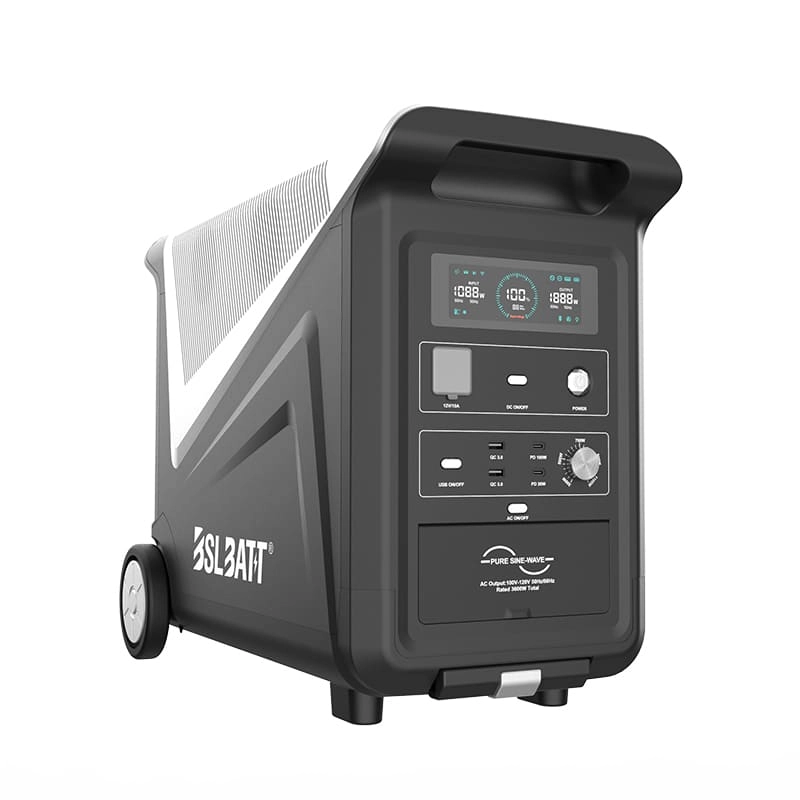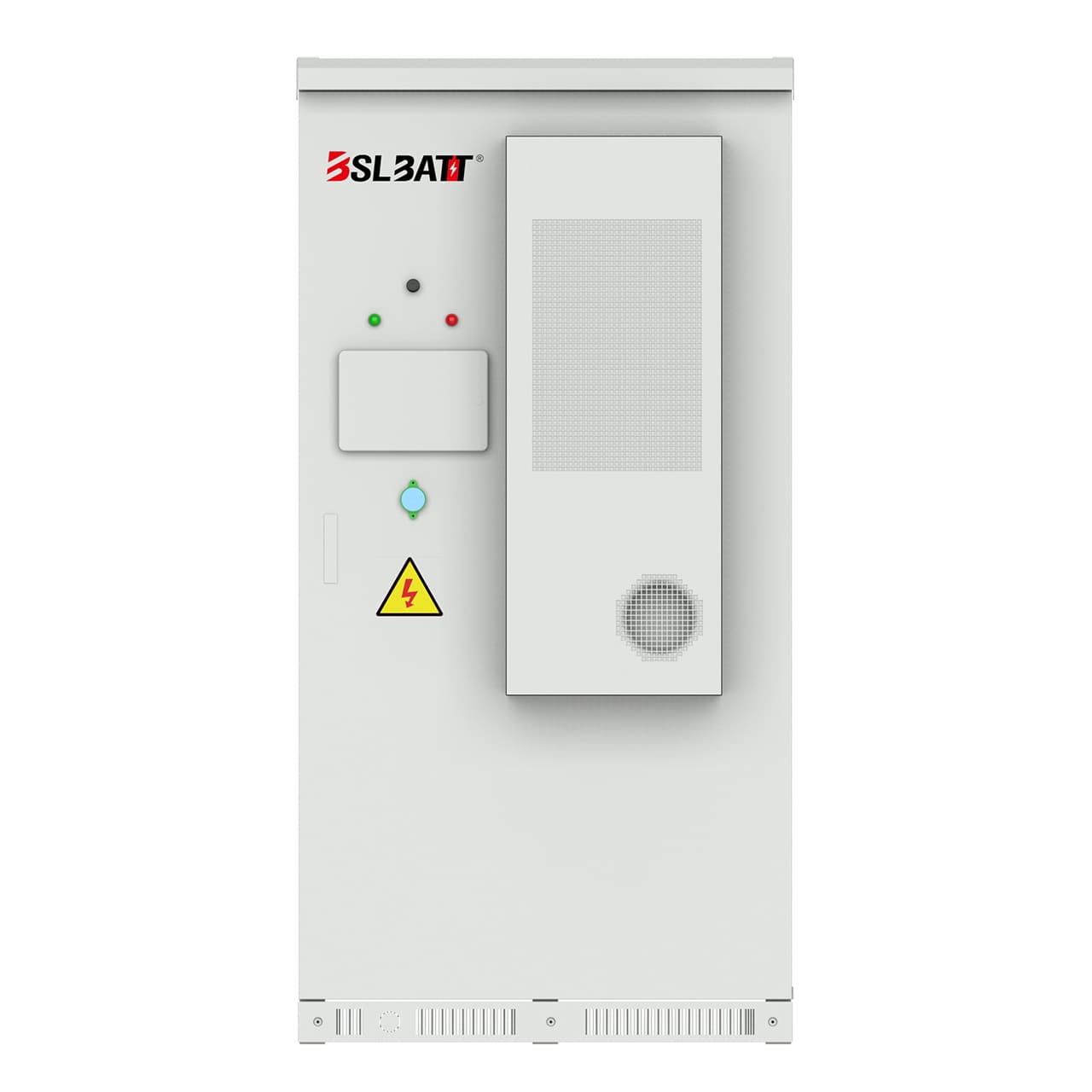Industry Application
Product Type
BSLBATT B-LFP12-100-LT Battery System Provides Reliable Power For Cold Areas In North Dakota
What is the Best Battery for Cold Weather?In order to make the most of the COVID-19 pandemic and the opportunity to work remotely, Each winter we see temperatures in the -40F to -20F at our factory in Grand Forks, ND. That’s cold enough that you can throw a cup of coffee in the air and it will freeze before hitting the ground. Up here on the great plains the cold weather is unforgiving – high winds, deep snow, long nights. BSLBATT Lithium was born out of this rugged landscape. We wanted to build a battery to endure harsh conditions and low temperatures for a long time. Here’s what we learned: Lithium Iron Phosphate Batteries Are the Best Battery for Cold WeatherWhen it comes to powering RVs, boats, golf cars and electric vehicles, or providing storage for solar power systems, BSLBATT’s lithium iron phosphate batteries offer several advantages over lead-acid batteries. They have longer life. They are lighter weight, and yet have a higher capacity. They require no maintenance and can be mounted in any direction. They also charge faster, and don’t require a full charge before they can be stored or used. ● BSLBATT Lithium batteries have a longer lifespan – typically 4 to 5 times longer than a SLA battery depending on the application.
● They are 60% lighter weight.● BSLBATT Lithium batteries have double the rated capacity in normal temperatures, and up to triple the capacity of SLA when discharging below freezing. This is because the voltage curve is flat for a BSLBATT Lithium battery – you get all the power down to the last drop. Plus the voltage and storage capacity does not drop significantly in below-freezing temperatures. This means a 100 Ah BSLBATT Cold Weather Lithium replacement battery would have twice as much usable power as a 100 Ah lead-acid battery in normal temperatures, and up to 3x the capacity of lead-acid in very cold weather. ● In addition, They require no maintenance and can be mounted in any direction (even upside down). ● BSLBATT Lithium batteries also charge faster and don’t require a full charge before they can be stored or used. ● BSLBATT Cold Weather Lithium Batteries can be discharged safely over a wide range of temperatures, typically from –40°C to 60°C. This makes them a good choice for use in all-weather conditions and all seasons. But in the winter is where they shine. Unlike other lithium batteries, BSLBATT Lithium is uniquely well suited to cold weather applications with minimal loss of capacity and performance. For example, this last winter you may have heard stories about Tesla cars performing poorly in the cold, or other electric cars having shortened battery life. BSLBATT Lithium iron phosphate is different lithium chemistry that is more stable and uniquely can hold a charge and discharge at much lower temperatures. ● In addition, lithium iron phosphate batteries also perform better at colder temperatures than lead acid batteries (SLA). At 0°C (freezing point), for example, a lead-acid battery’s capacity is reduced by up to 50%, while a lithium iron phosphate battery suffers only a 10% loss at the same temperature.
The Challenge of Low-Temperature Lithium ChargingWhen it comes to recharging lithium-ion batteries, however, there’s one hard and fast rule: to prevent irreversible damage to the battery, don’t charge them when the temperature falls below freezing (0°C or 32°F) without reducing the charge current. Unless your battery management system (BMS) communicates with your charger, and the charger has the ability to react to the data provided, this can be difficult to do. How Does Cold Weather Affect Lithium Batteries?If you live in a cold-weather climate, you’ve likely experienced your cell phone or other electronics being zapped of power very quickly. One minute the battery is at 100%, then before you know it, the battery has died completely. So how does temperature affect lithium batteries, and how are lithium batteries affected by the cold? Lithium batteries rely on chemical reactions to work, and the cold can slow and even stop those reactions from occurring. Although these batteries handle cold better than most others, very low temperatures still affect their ability to store and release energy. Since cold conditions drain these batteries, you’ll need to charge them more often. Unfortunately, charging them in low temperatures is not as effective as doing so under normal weather conditions because the ions that provide the charge do not move properly in the cold weather.
What’s the reason behind this important rule?When charging at above-freezing temperatures, the lithium ions inside the battery are soaked up as in a sponge by the porous graphite that makes up the anode, the negative terminal of the battery. Below freezing, however, the lithium ions aren’t efficiently captured by the anode. Instead, many lithium ions coat the surface of the anode, a process called lithium plating, which means there’s less lithium available to cause the flow of electricity, and the battery’s capacity drops. Charging below 0°C at an inappropriate charge rate, also causes the battery to become less mechanically stable and more prone to sudden failure. The damage to the battery when charging at colder temperatures is proportional to the charging rate. Charging at a much slower rate can reduce the damage, but this is rarely a practical solution. In most cases, if a lithium-ion battery is charged below freezing even once, it will be permanently damaged and must be safely discarded or recycled. In below-freezing conditions, without a BMS communicating to a charger that is programmed to reduce current when necessary, the only solution has been to heat the batteries to above freezing before charging, either by bringing them into a warmer environment or by wrapping them in a thermal blanket or placing a small heater near the batteries, ideally with a thermometer to monitor the temperature during charging. It’s not the most convenient process.
How to Store and Maintain Your Lithium Batteries During WinterYou can take a few different steps to maximize the life of your lithium batteries during the cold winter months, including: Storing them in the proper temperature: Keep your lithium batteries in a place that does not get colder than 32 degrees Fahrenheit or warmer than 80 degrees Fahrenheit. Charging them regularly: Ideally, lithium batteries should never be completed uncharged, so it’s important to remember to charge your batteries in the winter months when they are most prone to a quick loss of power. Cleaning them: Corrosion and dirt can cause the battery to lose charge faster, which decreases its lifespan, so it’s important to keep your lithium batteries clean. You can use a mix of water and baking soda for gentle cleaning. Using high-quality versions: A battery’s longevity is especially important during the winter, so make sure to invest in high-quality brands that will last. At BSLBATT Lithium, our lithium batteries have a long lifespan that you can count on. BSLBATT Cold Weather Lithium Batteries Deployed in the North DakotaThis autumn the US-North Dakota client installed BSLBATT Lithium batteries in automobiles. The reason why? They last so long and keep working even during the cold winters, making B-LFP12-100 LT an ideal choice for use in rugged and remote environments. “We’re very proud to be working with the U.S. North Dakota client. Basically, they’ve chosen us to replace their lead acid units in this situation because of the legendary price-quality-service mix offered by the BSLBATT Lithium team. Not only do the BSLBATT units function very well in cold and extreme environments, but our R&D staff is able to bridge the gap from the battery over to field equipment and research projects, and share key insights about how the battery can be optimized as a part of a client’s wider design.” BSLBATT Lithium |
A Guide to Choosing the Best 48V Lithium Golf Cart Battery
Would it be worth investing in a 48V ...
10 Exciting Ways To Use Your 12V Lithium Batteries
Back in 2016 when BSLBATT first began designing what would become the first drop-in replacemen...
BSLBATT Battery Company Receives Bulk Orders from North American Customers
BSLBATT®, a China Forklift battery manufacturer specializing in the material handling indust...
Fun Find Friday: BSLBATT Battery is coming to another great LogiMAT 2022
MEET US! VETTER’S EXHIBITION YEAR 2022! LogiMAT in Stuttgart: SMART – SUSTAINABLE – SAF...
Looking for new Distributors and Dealers for BSL Lithium Batteries
BSLBATT battery is a fast-paced, high-growth (200% YoY ) hi-tech company that is leading the a...
BSLBATT to Participate at MODEX 2022 on March 28-31 in Atlanta, GA
BSLBATT is one of the largest developers, manufacturers, and integrators of lithium-ion batter...
What makes the BSLBATT the Superior Lithium Battery for your Motive Power needs?
Electric forklift and Floor Cleaning Machines owners who seek the ultimate performance will fi...








